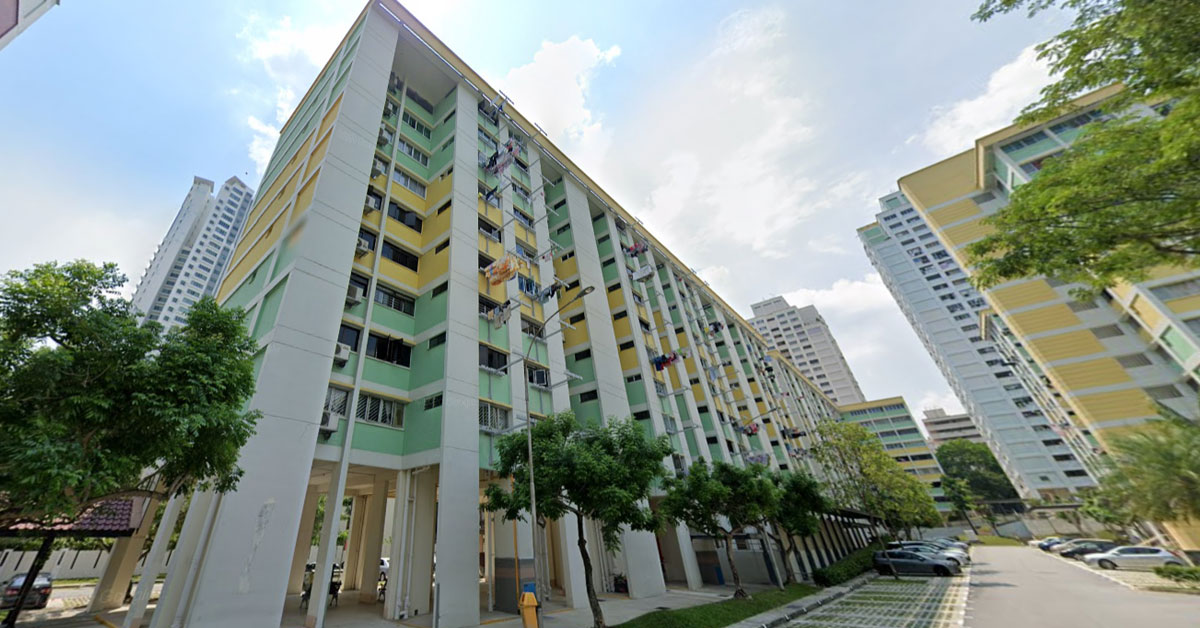With most of us stuck at home due to COVID-19, it’s no wonder that we’ve taken to online retail therapy to combat the pandemic blues.
However, this has also led to a rise in online scams, with the number of scams in the year of 2020 hitting a record high of 15,756, which is the highest level of crime rate since 2009.
Victims have lost more than S$201 million to scams.
The solution? Deploying police officers to knock on residents’ doors to warn people about scammers the old-fashioned way.
Here’s all that you need to know.
Police Officers at Bishan Knock on Doors to Warn Residents about Scammers
Officers from the Community Policing Unit (CPU) at the Bishan Neighbourhood Police Centre spread awareness about scams through house visits and neighbourhood patrols.
Armed with the ammunition of anti-scam pamphlets and other educational materials, these officers teach residents how to detect warning signs of online purchase scams and scam calls.
Among them are Station Inspector (SI) Chua Kwee Hee, 51 and full-time national serviceman (NSF), Special Constable (SC) Abdul Raaziq Abdul Rashid, 23.
SI Chua told ST that he has encountered residents who had fallen victim to purchase and love scams online.
For SC Abdul Raaziq, helping to protect people from falling prey to such scams is what motivates him to do the work that he does.
According to the police, online scams were especially prevalent last year as many people stayed home due to the COVID-19 pandemic, and carried out their shopping online.
Police officers also cautioned residents against international scam calls, which often begin with a “+” in the caller ID.
Residents are also encouraged to download the ScamShield app, which automatically filters out incoming scam calls and messages.
40Y/O Scammer Committed Suicide After Collecting S$100k from Potential Tenants
On 30 Mar, a 40-year-old man named only Vincent was found dead after falsely claiming vacancies available for rent.
According to his roommate, he had committed suicide by burning charcoal in his room.
After the man had passed, his flat received visitors claiming to be tenants who were supposed to move in.
Victims stated that Vincent reached out to potential tenants on Facebook and brought them to view the property. He charged them rent (that differed across all potential tenants) as soon as they agreed to the lease, even though the flat had already reached maximum capacity.
There have been at least 37 victims of the scam, but it is believed that there are more.
You can read more about this incident here.
Featured Image: Google Maps



